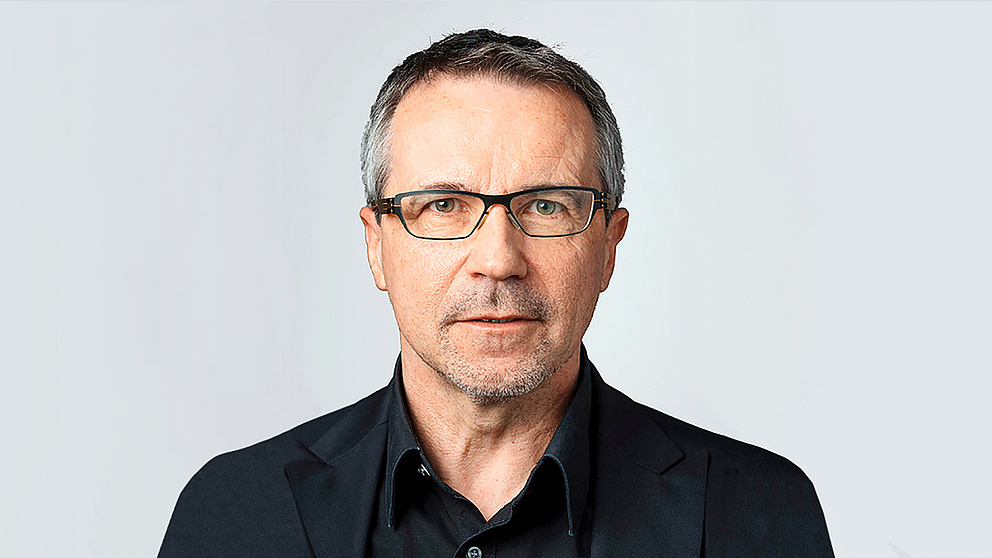Jump to the content
- {{#headlines}}
- {{title}} {{/headlines}}

The setting is the biggest, most acute health crisis since the World Wars: at the pinnacle of their creativity, the hard sciences suddenly go weak at the knees – on a mountain of more than half a million publications produced in just over a year, with the chasms of an unchained attention industry ahead of them that seems to relish seeing its heroes fall. Corona research has reached dizzy heights, and yet finds itself in deep water at the same time. But not just Corona research.
The tragedy goes deeper because the sciences have not only been driven into the situation they currently find themselves in by outside forces. The relevant term here is sloppy science – which I am not using to mean the slovenly, bad research that was always part of the package, but the weaknesses of a science culture that have made themselves particularly apparent in this major crisis. I am talking about a flood of publications – or rather, preprints and pre-, pre-publications – that never should have been made public in the first place because they often contain elements that have not been thought through or proven. I am also talking about the kind of skin-deep discourse which, admittedly, implies that all research is experimental and preliminary in nature, but does not explain its inherent uncertainties, thus itself generating uncertainty. And about the sheer craving for recognition. In brief: I am talking about half-baked claims and boasting that are now making many people ask whether science really is competent to deal with crises. In other words, about issues that are all too human.
It is certainly the case that science exposes itself to a whole raft of so-called social media, which themselves have long since started to reveal doubts about their own social compatibility. For the sober self-image and functioning of academic life, however, the hubris of sloppy science is something perhaps best described by the words of the German chancellor: new territory. In any case, the institution’s self-confidence has had it – which also leaves deep scars in how it is perceived in the outside world. The ongoing debate about the origins of the pandemic virus is a case in point. Since the beginning of the crisis, whenever the question is raised as to whether it was a natural zoonotic transmission or a lab accident, researchers have had to contend with the bitter wind of disinformation in their faces. Kindled by the populist right in society and politics, and, with cold-blooded calculation, by governments, too. A fundamental scientific question, politically highly charged, but one that will require painstaking, time-consuming investigation to answer. Instead of recognising and communicating this, all around the globe, hordes of scientists have allowed themselves to be instrumentalised for the one or other theory.
Another example: case number predictions. Never before has the public role of experts as soothsayers been in greater demand. Science, on the other hand, is a parallel universe full of doubt. Evidence icon and data specialist John Ioannidis, for example, stated at an early stage that infection predictions based on computer models were rubbish, whilst himself gaining the public’s attention by pursuing the laborious business with patchy empiricism. At the same time, in high-ranking journals, researchers have not ceased improving the predictive models, thereby making one thing clear: Failure is the nature of the beast. At a time of global crisis, however, this self-evident fact acquires a veneer of incompetence the longer it lasts. Trust is eroded, as is self-confidence. So, perhaps the sciences, all the sciences together, would best be served by confronting the really big crises with a large-scale expert agency that can easily network online, rather like the IPCC (Intergovernmental Panel on Climate Change) for climate research. But they would need to organise that themselves.
